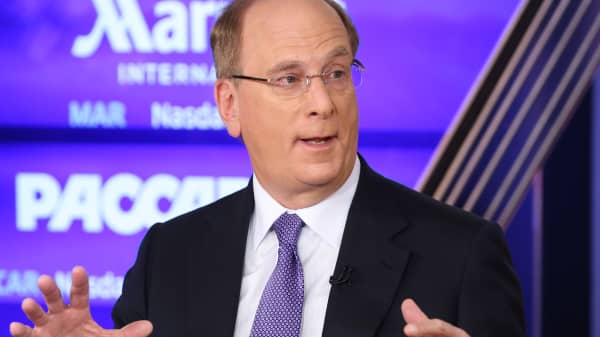If there's one thing most of us can agree on in this age of cultural and political divisiveness, it's that rhetoric has replaced reality in our daily discourse and has reinforced a tendency toward finger-pointing versus collaboration.
At the same time, for-profit companies have become something of a punching bag. It's not hard to see why.
Multinationals are often blamed for a host of society's ills, including income inequality, environmental, health, public safety and diversity issues. Not to mention the shredded social safety net.
Having held leadership roles in the public, private and nonprofit sectors, I recognize the critical importance of cross-sector collaboration and the problem with finger-pointing. This is especially true when we as a society — citizens, and leaders from business and government — set out to improve the quality of life for ourselves and others.
When we demonize immigrants for "taking our jobs," educators for "failing our children" or corporations for "threatening economic opportunity," we shut ourselves off from a realistic opportunity to achieve progress.
But there is a better way.
My just-released book, "The Challenge for Business and Society: From Risk to Reward," attempts to substitute facts for anger with a new understanding about the role corporations have played and could play in addressing today's challenges. How many people realize the private sector established benefits such as paid vacations, free health care and retirement pensions long before government did?



